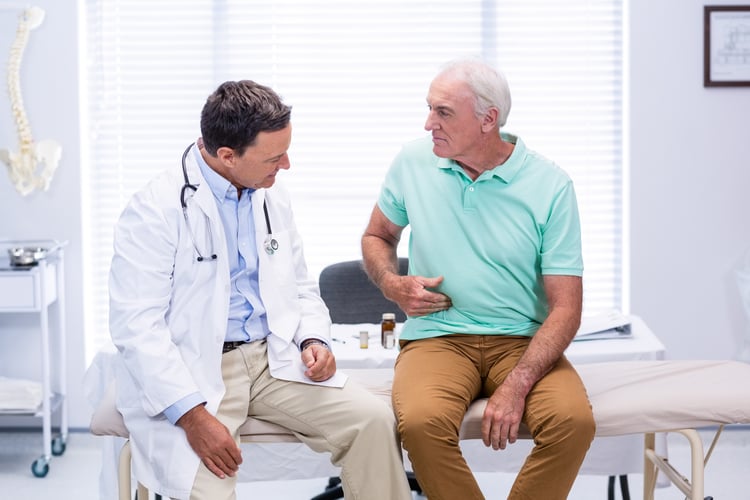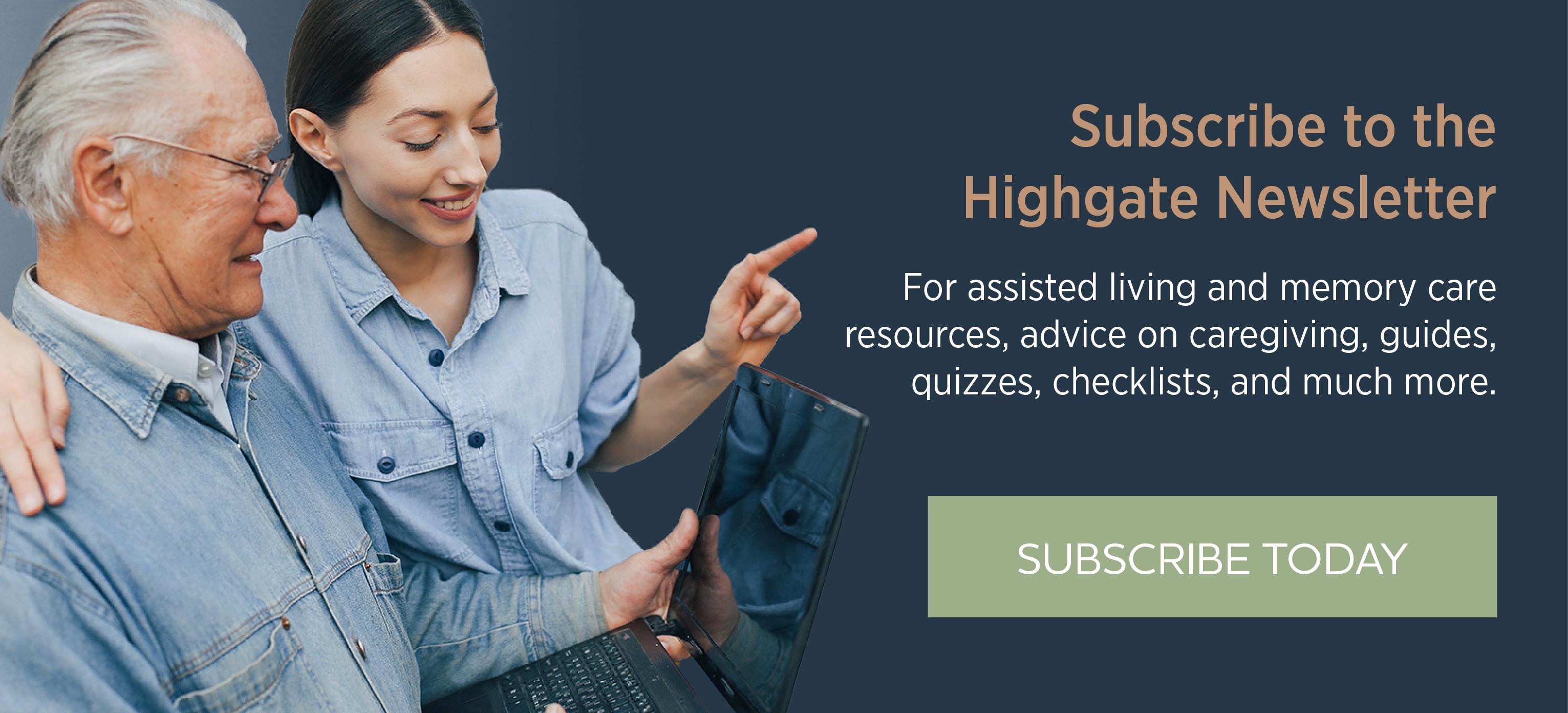
For many people, the holidays are a time for indulgence — candy and egg nog, cookies and pies.
Amid such caloric abundance, it’s easy to forget that proper nutrition for seniors, including taking in enough calories can be a constant struggle for many seniors. Even consuming 1,000 calories a day — a level that would still put a person at risk for undernutrition — is something 16 percent of adults over 65 fail to do.
The consequences of malnutrition are serious. A lack of calories can lead to a debilitated immune system, which makes it harder for the body to fight infection and promote wound healing. It also leads to weak muscles, which make falls more likely, and low bone mass, which makes those falls more likely to cause breaks. It also carries an overall greater risk of hospitalization and death.
A diet that contains enough calories and the proper nutrition will go a long way toward keeping your elderly loved one in good health and out of the hospital.
Follow these tips to help your loved one get the nutrition they need.
Know the Risk Factors
While the cause of malnutrition might seem obvious, the reasons for not eating enough may include:
- A diminished sense of smell and taste, which makes food taste blander and decreases appetite
- Medication side effects, which can decrease appetite, or cause nausea or diarrhea, which make it difficult to retain and absorb the food a person eats
- Dental problems, such as denture discomfort, mouth sores or jaw pain, which can make chewing painful
- Financial hardship, which can lead seniors to cut back on groceries to afford rising costs elsewhere, such as health care or housing
- Inconvenient access to grocery stores, which have drifted away from neighborhood-based markets toward large shopping centers at traffic-heavy locations
- Physical challenges, such as pain or weakness, which can make using a can opener, cutting fruits or vegetables, or even just standing to cook a meal difficult
- Dementia, which can cause people to forget what they ate or if they ate at all, making it hard to eat a variety of food or enough food at all
- Depression, which is more common in elderly people and suppresses appetite.
Look for Warning Signs
If your elderly loved one has one or more of these risk factors, be extra attentive to them. Monitor eating habits — and not just on holidays. Try to see what everyday meals at home look like, including who buys the food and who prepares it.
Pay special attention to changes in weight. Make sure there’s a scale for your loved one to track their weight at home, but also make note of any changes in how clothing fits.
Know the consequences of malnutrition, be on the lookout for those symptoms: wounds that won’t heal, increased infection and increased falls due to muscle weakness.
If your loved one is taking medication that interferes with appetite, digestion or nutrient absorption, be extra cautious.
Intervene
If you spot one of these warning signs in your loved one, don’t be afraid to step in. Because so many factors can lead to malnutrition, there are many interventions you can take.
Start by speaking with your loved one’s doctor. Ask about changing problematic medications or adding nutritional supplements.
Then, try to tweak your loved one’s diet. Spice it up with herbs and seasoning to make it more palatable. Add nutrient-dense foods, such as peanut butter, chopped nuts and fruit to make each bite count. A specialized MyPlate recommendation for older adults is a great resource for guiding overall food choices.
Encourage social eating, whether that means dropping by yourself during meal time or finding a community program where your loved what can eat with others. We tend to eat more when we’re not alone.
Go for walks together. Exercise is wonderful. It addresses the cause of malnutrition by stimulating appetite, and its symptoms, by strengthening bones and muscles.
Consider hiring a home health aide, signing up for Meals on Wheels or a similar service. It’s always okay to ask for help.
Show Respect
Eating seems like the most natural thing in the world. But don’t disregard the very real risk that your loved one might not be getting the calories and nutrition they need — and the danger that poses.






